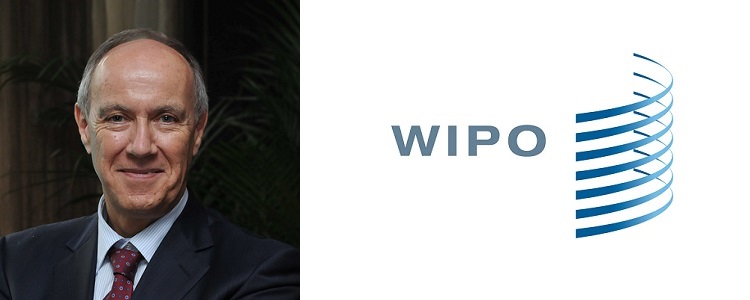Will Blockchain make inroads into the music industry? Well, it’s already in the global music, as well as the movie and publishing worlds. But there have been efforts to find ways to block access to materials and to halt free and open distribution of creative works over the internet. The use of blockchain technology to address these issues surfaced of late.
New kids on the Blockchain
How can Blockchain change the industry’s revenue stream due to its ability to store, organise and share data based on a concept of transparency?
Blockchain panelists at Shoreditch House’s library in London gathered on Tuesday May 17. The technology is changing all the time and so rapidly as no one is quite sure what it will look like in a few months from now. But already music professionals - musicians, managers and labels - can use blockchain to fight fraud, create smart contracts and secure payments. Panelists also talked about many the issues involved, including transparency and copyright.
Intellectual Property perspective
The panelists’ views are in line with the recent response of Francis Gurry, Director General of the World Intellectual Property Organization to questions on the challenges facing creative industries in the next few years.
Francis Gurry said:
“It’s very difficult to predict where it’s going. But we have to develop, I think, a greater sense of urgency about the questions... about the value chain, whether there’s value, then the distribution of the value. I think we also should ask about the complexity of the copyright system. How easy is it to comply? We have built up a very complex architecture behind the copyright system, with the authors, the publishers, the collecting societies; is there any way of simplifying that? Maybe some of the answers will come through technology.
Some people suggest that blockchain, the technology that underlies Bitcoin, may be something that can be applied to mass licensing. Blockchain is a secure chain of title, so you have security between the operatives, between the parties to a transaction – security in relation to the subject matter of the transaction. That might be a very simplified explanation of the impact of the technology and the possible use it could have. Imogen Heap has released a recording using this. So I think technology can help us in simplifying the rather complex operation of the copyright system".

No intermediaries
Imogen Heap is using it to sell music getting the royalties directly. These are paid to her immediately each and every time her song is played, according to CBC Radio. As a result, there are no companies between her and her listeners, like Spotify or iTunes, to take a cut along the way.
In the book Blockchain Revolution: How the technology behind Bitcoin is changing money, business and the world, authors Don Tapscott and Alex Tapscott argue that the blockchain is about to become the biggest thing on the internet since, well, the World Wide Web.
Coming next
In this last week of May leading up to Music Tech Fest Berlin at Funkhaus (May 27 - 30), the festival is inviting some of the best minds in the field – from well-known artists and labels, music streaming and cloud hosting organisations, rights managers and a diverse cross-section of music industry representatives, to scientists and academics from the world’s top institutions – to participate in #MTFLabs: Blockchain – a 5-day blockchain laboratory to conduct experiments and explore the possibilities for music using the technology.
Its website explains:
“#MTFLabs: Blockchain is not simply a discussion or a seminar, but a hands-on testbed for innovation and experimentation. There are some fundamental questions to be explored and some exclusive technologies to be tested – and of course, the central figures in the public blockchain music conversation will be involved and represented.”
Bitcoin education important
In an email to Cointelegraph, CEO of Bitcoin Kinetics, Morgan Rockwell, says:
“As I have made music about Bitcoin and the financial institutions I feel strongly that the education of the music industry and Bitcoin is really important. So I strive to combine music and education to bring Bitcoin to the forefront of people’s minds. Maybe accepting Bitcoin for each play would be more productive then, say, ASCAP fighting for fees from radio stations or, say, Tidal paying me royalties. If I can actually monetize my art it makes it a very enticing future for an artist like me.”
